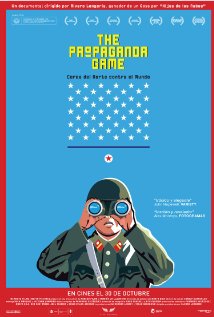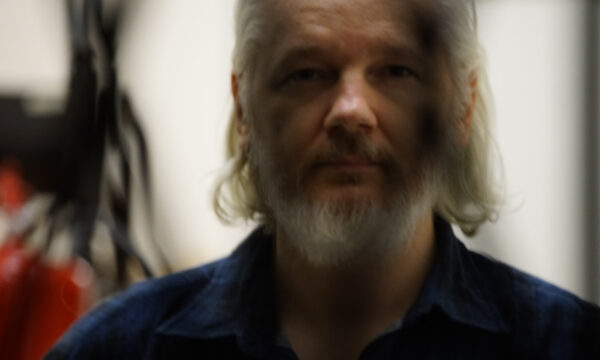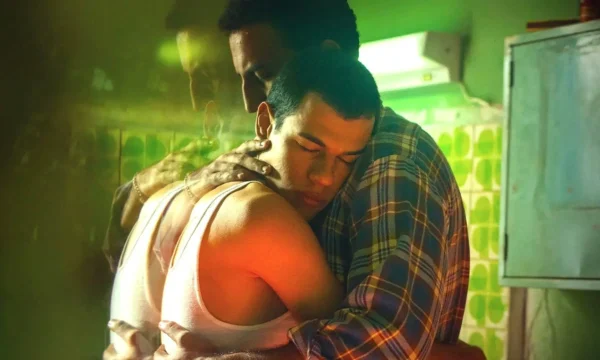The Propaganda Game

Spanish director Alvoro Longoria went to North Korea with an open mind – as open as a mind can be about a country schizophrenically portrayed in the West as something akin to a clown riding a tricycle armed with nuclear warheads – and that’s basically the problem at the heart of this very well shot and very well intentioned documentary.
The film opens with an onslaught of American propaganda, pedalled by ABC and NBC News, screaming about nuclear threats and imminent danger, and every bit as paranoid as anything North Korea is accused of turning out. It’s a promising introduction that culminates with President Obama’s condemnation in 2014 of the hackers who allegedly threatened 9/11 style revenge unless Sony Pictures withdrew its new film, The Interview. “We cannot have a society in which some dictator can start imposing censorship in the United States,” he pontificates.
This opening salvo appears to lay the groundwork for some serious interrogation of the facts. After all, less than two months after the FBI blamed North Korea for this bizarre hack attack, it was revealed to be the work of one disgruntled Sony employee. But a lie repeated often enough becomes the truth, and by the time The Propaganda Game was released nine months later, the official fairytale was so firmly embedded in the public mind it would have taken a bulldozer of truth to shift it. The trouble is, the director himself doesn’t even try. In a documentary all about propaganda, that’s quite an alarming irony.
To some extent, Longoria succeeds in lifting the veil on our own manipulated perceptions of a happily indoctrinated people, and in debunking the mythology of a comic book dictator who feeds family members to rabid dogs and hands out edicts on acceptable hairstyles. But while he makes a good fist of showing that propaganda swings both ways, there comes a point where he begins to look like any other disoriented tourist, and loses his balance.
There’s an over-reliance on the authority of Western journalists who come from the same media outlets that dutifully spun the Sony story, and he edits the film so that his main character devolves from a rational man into a deluded tool of the state. And yet, despite Longoria’s own attempt at perception manipulation, the extraordinary Alejandro Cao de Banos, a Spaniard and adopted North Korean who would give his life for the motherland, emerges with his dignity intact and arguably less brainwashed than the average viewer of CNN. “There is no democracy, no free press, whatever bullshit,” he says, “This is a propaganda war.” At least he knows it.
Ultimately, Longoria comes to the conclusion that the truth is hard to know, and with this statement he unwittingly stumbles on whole the point of his film: it’s not what we know about North Korea that we need to worry about. It’s what we don’t know about ourselves.
Martin Rhys Davies
The Propaganda Game is released on 26th February 2016.
Watch the trailer for The Propaganda Game here:
























Facebook
Twitter
Instagram
YouTube
RSS